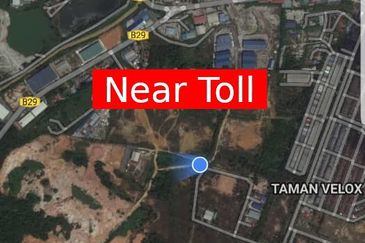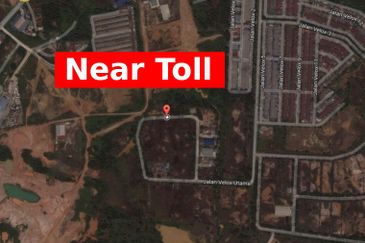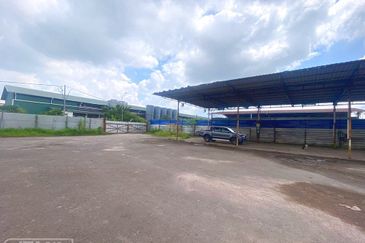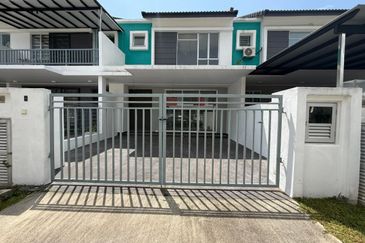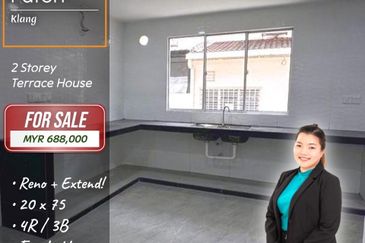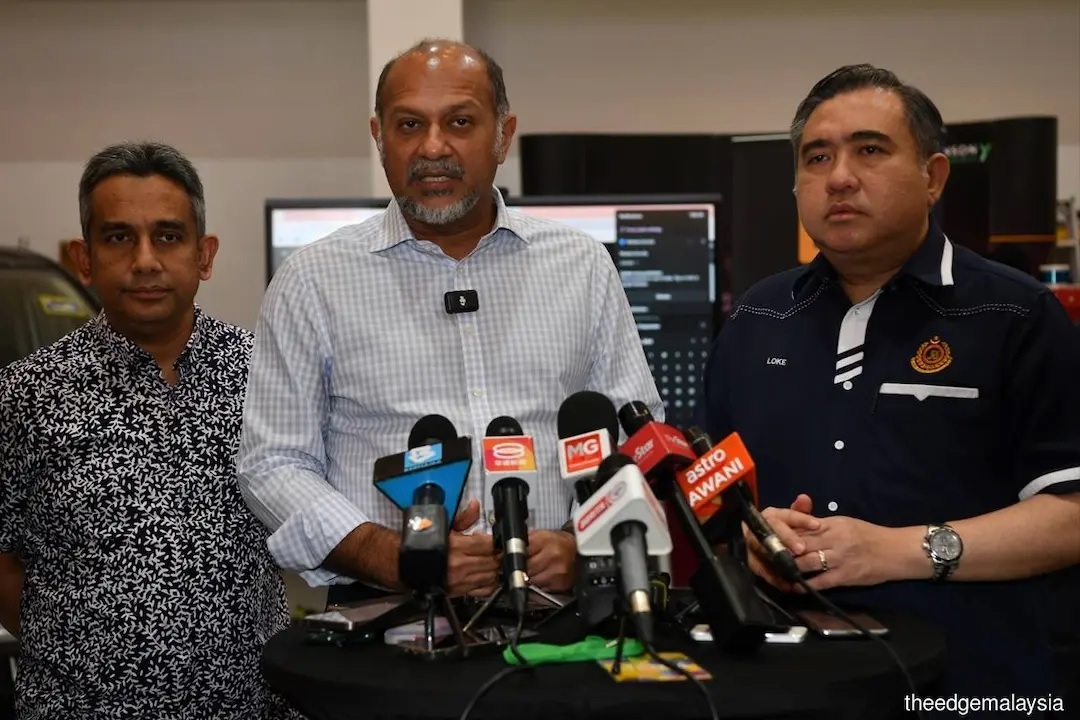
- Transport Minister Anthony Loke Siew Fook: “We need to examine frameworks from other countries that have already enacted laws for AVs. Although Malaysia currently lacks such legislation, we are prepared to provide presentations on this matter.”
CYBERJAYA (Sept 9): The government will proceed with the commercialisation of autonomous public buses on Malaysian roads once the necessary guidelines and legal framework are in place, said Transport Minister Anthony Loke Siew Fook.
There are no specific laws governing autonomous vehicles (AVs) at present, including the autonomous rapid transit (ART), aside from the Road Transport Act 1987 and the guideline for public road trials of autonomous vehicles.
“We need to examine frameworks from other countries that have already enacted laws for AVs. Although Malaysia currently lacks such legislation, we are prepared to provide presentations on this matter.
"If the process can be documented effectively, we may be able to commercialise AVs sooner,” Loke told reporters after witnessing the 5G use case demonstration on the autonomous bus on Monday.
Autonomous public transportation is currently being trialled and deployed in many cities across the globe, from Shanghai to Hamburg, according to Digital Minister Gobind Singh Deo, who was also present at the event.
“In May 2024, the UK introduced the Automated Vehicles Act where we will see self-driving vehicles on its roads by 2026,” Gobind said.
The autonomous electric bus with 5G-enabled use cases was introduced by eMooVit Technology Sdn Bhd, Digital Nasional Bhd (DNB) and technology giant Telefonaktiebolaget LM Ericsson following the tripartite memorandum of understanding inked in May this year.
Pilot project to begin by October
Meanwhile, eMooVit chief executive officer Dr Hairi Zamzuri said that the autonomous electric bus pilot will undergo a three-month testing programme for passengers in Putrajaya for free beginning October 2024.
“Trial aims to create awareness and get feedback from the public. We believe that by producing this kind of technology, we need to create a close relationship with the public,” Hairi said.
The autonomous bus is currently featured with 5G public WiFi connectivity, real-time remote vehicle monitoring and journey log collection.
“Once commercialised, these use cases, which include in-vehicle CCTV and real-time telemetry data monitoring, will make autonomous bus rides safer and more reliable for passengers, as well as help improve cost efficiency for the bus operator,” DNB said in a statement.
Additionally, future use cases to be trialled include the integration of the autonomous bus with smart city infrastructure as well as 5G remote driving in case of emergency situation.
Looking to buy a home? Sign up for EdgeProp START and get exclusive rewards and vouchers for ANY home purchase in Malaysia (primary or subsale)!
TOP PICKS BY EDGEPROP
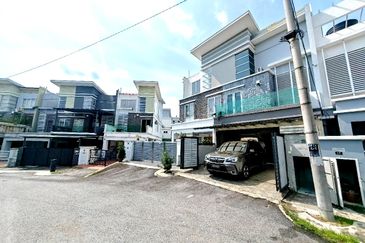
Taman Sri Putra, Sungai Buloh
Sungai Buloh, Selangor
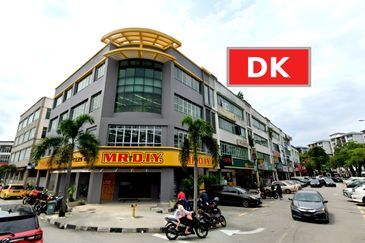
Medan Idaman Business Centre
Setapak, Kuala Lumpur
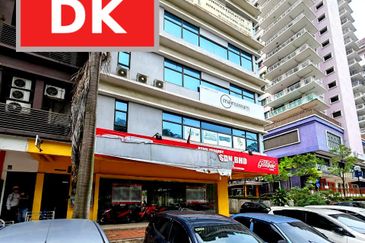
HiCom-Glenmarie Industrial Park
Shah Alam, Selangor

Seri Intan Apartment
Setia Alam/Alam Nusantara, Selangor
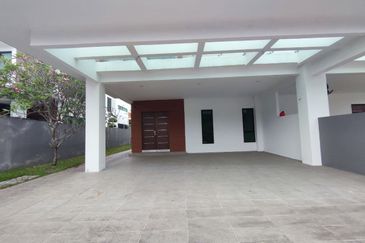
JALAN THOMPSON/JALAN TUN DR ISMAIL
Kinta, Perak



